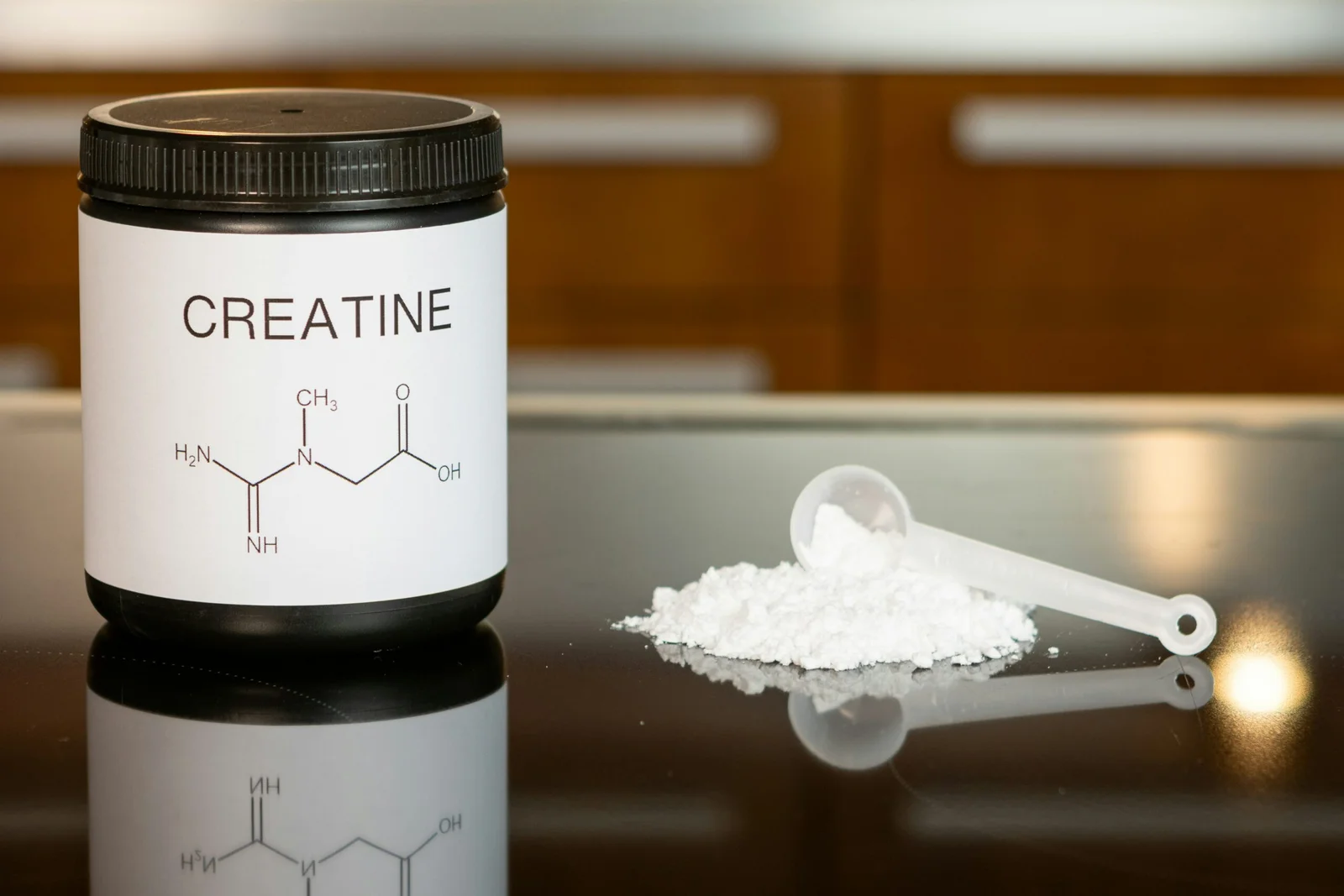Does Creatine Make You Gain Weight?
When it comes to the fitness supplements, just few have gained as much popularity as creatine. well Known for its ability to enhance athletic performance and increase mass of muscle, creatine is a go-to supplement for many athletes and fitness enthusiasts. However, there is very common concern among individuals considering creatine supplementation: does creatine make you gain weight? In this article, we will explore the relationship between creatine and weight gain to help you make an informed decision.
Understanding Creatine
Creatine is a natural compound found in small amounts in certain tasty foods, such as meat and fish. It is also produced by the body in the liver, kidneys, and pancreas. Creatine plays a crucial role in energy production, particularly during high-intensity exercise.
When you use creatine supplements, it gets stored in your muscles as phosphocreatine, which can be quickly converted into adenosine triphosphate (ATP) – the primary source of energy for muscle contractions. By increasing the availability of ATP, creatine allows you to perform better during intense workouts, leading to increased strength and muscle gains.
The Relationship Between Creatine and Weight Gain
One of the main concerns people have about creatine is its potential to cause weight gain. It is important to note that creatine itself does not directly cause fat gain. Instead, the weight gain associated with creatine supplementation is primarily due to an increase in water content within the muscles.
When you start taking creatine, your muscles retain more water, resulting in a temporary increase in weight. This additional water weight is often referred to as “water retention.” It is important to understand that this weight gain is not the same as gaining fat. In fact, research has shown that creatine supplementation does not significantly increase body fat percentage.
Benefits of Creatine-Induced Weight Gain
While the temporary increase in water weight may initially be a concern for some individuals, it is worth noting that this creatine-induced weight gain can actually have several benefits:
- Improved Strength: The increase in muscle water content can enhance muscle strength, allowing you to lift heavier weights and perform better in the gym.
- Increased Muscle Size: The additional water in your muscles can give them a fuller appearance, making you look more muscular.
- Enhanced Recovery: Creatine has been shown to improve muscle recovery by reducing muscle damage and inflammation, which can help you bounce back faster from intense training sessions.
Managing Creatine-Induced Weight Gain
If you are concerned about the temporary weight gain associated with creatine supplementation, there are a few strategies you can implement to manage it:
- Stay Hydrated: Drinking plenty of water can help maintain optimal hydration levels and minimize excessive water retention.
- Monitor Sodium Intake: High sodium intake can contribute to water retention. Be mindful of your sodium consumption and try to limit processed foods, which are often high in sodium.
- Adjust Your Expectations: Understanding that the initial weight gain is primarily due to water retention can help you stay motivated and focused on your long-term fitness goals.
Conclusion
While creatine supplementation may lead to a temporary increase in weight due to water retention, it is important to remember that this is not the same as gaining fat. The benefits of creatine, such as improved strength, increased muscle size, and enhanced recovery, far outweigh the temporary water weight gain. By staying hydrated, monitoring sodium intake, and adjusting your expectations, you can effectively manage creatine-induced weight gain and enjoy the performance-enhancing benefits of this popular supplement.

